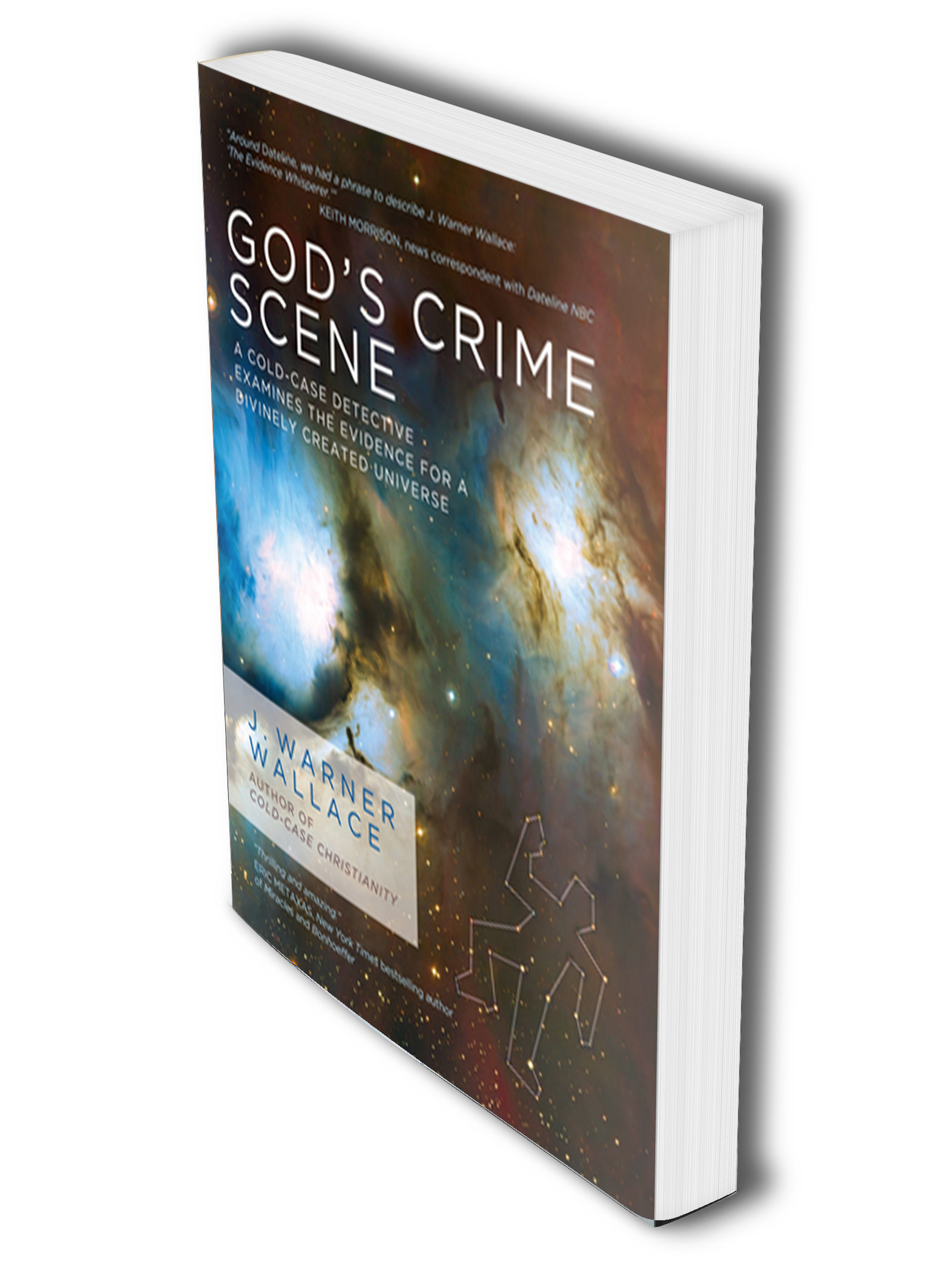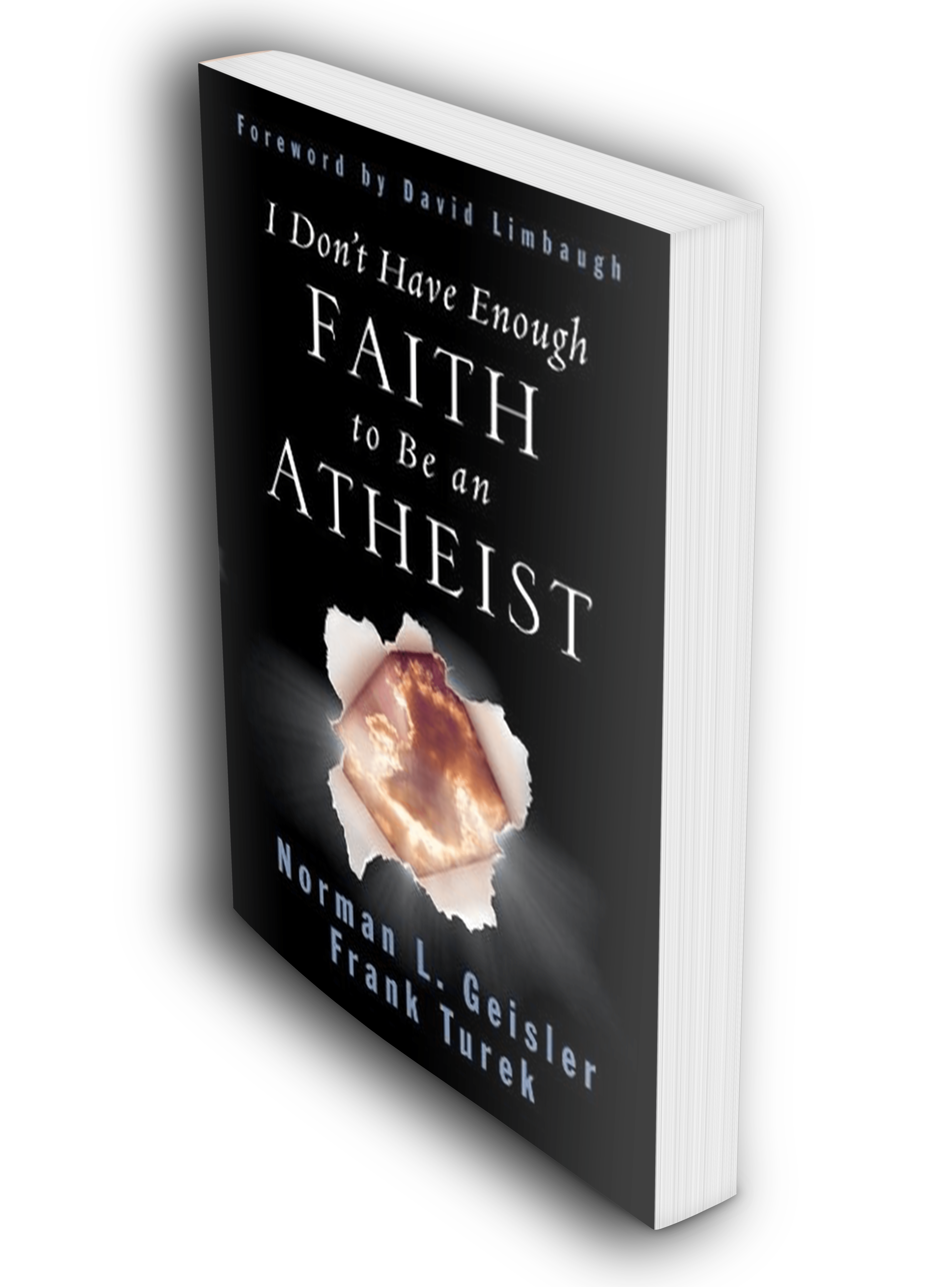By Randy Everist
The Kalam Cosmological Argument is one of the most popular cosmological arguments around today. The argument is fairly straightforward and enjoys intuitive support. It goes like this: “Whatever begins to exist had a cause; the universe began to exist; therefore, the universe had a cause.” The argument has several common objections, and eleven of them are listed here, along with some of my comments. I believe each objection can be satisfactorily answered so that one is justified in accepting the KCA.

1. “Something cannot come from nothing” is disproved by quantum mechanics.
Answer: This is a fundamental misunderstanding of the claim. The claim of the first premise is “whatever begins to exist had a cause.” It’s often demonstrated by listing the causal principle “something cannot come from nothing,” or ex nihilo, nihilo fit. Quantum mechanics does not in fact posit something coming from nothing, but rather things coming from the quantum vacuum–which is not “nothing.”
2. Truth cannot be discovered wholly from reason.
Answer: It’s true that one needs some level of empiricism in order to judge many things. However, one absolutely needs reason to judge all things. I just don’t see how this is an objection against arguments, for it must use reasoning (of some metaphysically-ultimate sort, even if it’s a brute fact) in order to tell us reason doesn’t tell us the whole story. Well, how will we know if the reasoning behind this claim is telling us the whole story? The answer: because this is the kind of claim that can be reasoned out. The KCA is just such an argument, by its very nature.
3. Some truths are counterintuitive, and therefore intuition cannot be a guide to truth.
Answer: This is a classic non-sequitur, on par with “some people have incorrect thoughts, therefore thoughts cannot be a reliable guide for truth.” The point is this: why should I doubt my intuition because someone else got theirs wrong? Indeed, why should I doubt my own intuitions even if I have been wrong in the past? I mean, if I am insane or intuiting on things I have frequently been incorrect on, or if there are necessary or empirical truths that overcome my intuition, or even if I have a competing intuition that I hold stronger than the original, then fine: I should abandon it. But otherwise, rational intuition is at the very core of reasoning. It is said that by rational intuition, we mean the way we know “if X, then Y; X; Therefore, Y” is true. Therefore, it may be argued that not only is jettisoning intuition wholesale unjustified, but actually irrational (by definition). “But wait!” I can hear one protest. “Just because you intuit this doesn’t mean I do.” Fair enough. But since I do, I am free to accept the ramifications, unless one of the conditions for jettisoning an intuition apply. In fact, we ought to accept our intuitions in the absence of these undercutters or defeaters, unless there is some reason to suspect our cognitive function is impaired.
4. Since science is not itself a metaphysical enterprise, the arguer cannot apply science to a metaphysical argument.
Answer: That science is not a metaphysical enterprise is, I think, absolutely correct. However, it does not therefore follow that science cannot be employed in a metaphysical claim. This is somewhat akin to claiming philosophy and science don’t mix, which is surely impossible (how can anyone come to a scientific claim or know anything without applying reasoning to what has been observed?). The KCA does not have science itself do the metaphysical work; rather, it simply uses the best and most current science to show that the universe most likely had a finite beginning and does not avoid it. It’s then the philosophy that takes over given this.
5. The first cause is logically incoherent because it existed “before” time.
Answer: First, it should be noted that this is not an objection to either premise, and thus one could claim this and still believe the universe had a cause. Second, the foremost proponent of the KCA, William Lane Craig, points out that the First Cause need not be in existence before time, as there is a first moment–the incoherence runs both ways. So what we have is a timeless, unchanging (because it is timeless) First Cause whose first act is bringing the world into existence. If the objector wants to insist this is impossible because the First Cause existed before time, he must remember that positing a moment before time began is incoherent, so his objection cannot get off the ground. The first moment is itself identical with the first act of bringing the universe into existence.
6. If some metaphysical truth is not well-established, one is unjustified in saying it is true.
Answer: It’s difficult to know what is meant by “well-established,” but it seems to mean something like “gained wide acceptance among philosophers.” But that’s a fairly poor way of evaluating an argument: a poll! Sure, philosophers are more likely than your average person to be able to evaluate the argument properly, but let’s not pretend this is the only way to discover truth. Moreover, this is an impossible epistemology. If no one is justified in believing some metaphysical claim to be true unless a majority of philosophers accept it, then either no such majority will exist (because the vast majority will stick with this claim) or if such a majority exists it will be a “tipsy coachman” kind of group (where they are right for the wrong reasons). Surely this is a poor epistemology.
7. There could be other deities besides the Christian God.
Answer: Again, it must be noted that this is not an objection to either premise and hence not the conclusion. It is an objection to the application of the conclusion. However, it must be noted that the KCA is an argument for natural theology, not revealed theology (cf. Charles Taliaferro, The Blackwell Companion to Natural Theology, ch. 1). It is not the domain of natural theology to discuss, explicitly, the Christian God. Of course, we Christians happen to believe this being is identical to the Christian God ontologically. However, let’s take a look at some of the properties: timeless, spaceless, changeless (logically prior to the Big Bang), immensely powerful, and the creator of the universe. Hmm, sounds far more like the God of Christian theology and the Bible than any of the other alternatives, doesn’t it?
8. There are non-theistic explanations that remain live possibilities.
Answer: This objection attempts to state that although the universe had a beginning, some non-theistic explanation is just as possible (or even probable) as God. The multiverse, aliens, whatever. However, most of these examples (such as a multiverse) can really best be described as objections to the second premise, not the application of the conclusion. The multiverse, for instance, really doesn’t solve the problem, but merely places it back one step. One may reply the multiverse could be identical with Lewis’ plurality of worlds, so that every logically-possible world actually exists, and it was impossible that any such possible world fail to exist. However, this is extremely ad hoc, and there is literally no reason to believe that if there is a multiverse, it is as complete as Lewis claimed (in fact, there’s decent reason to believe such a state of affairs is impossible if identity across worlds holds).
9. Popular-level science teaches the universe had a beginning, but someone says the real science shows it doesn’t.
Answer: This is a bit of an odd claim. We aren’t given any argument as to why it’s really the case that a potentially-successful model for the beginning of the universe shows no finite beginning. We’re simply to take someone’s word for it, when we actually have physicists and scientists admitting these theories don’t work.
10. The KCA relies entirely on current science, and science can change.
Answer: It’s very true that science is changing, and any claim should be held tentatively (even gravity–seems dubious though, right?). However, two points remain. First, simply because some claim remains open to change does not mean that claim cannot be accepted as true. It seems bizarre to say that because some claim is in the purview of science, one should not claim it as true. Of course we can claim it is true! Second, the KCA does not rely entirely on science. In fact, the second premise (“the universe began to exist”) can be defended solely on rational argumentation. One may think these arguments fail, but to claim the KCA rests almost wholly on the science demonstrates a lack of familiarity with the basic defenses of the KCA’s premises.
11. There is some problem of infinite regress of a first cause.
Answer: Presumably, this is the “Who created God?” problem (I can’t for the life of me think of any other problem). I don’t see why this is a problem, given the formulation of the argument. “Whatever begins to exist had a cause.” God did not begin to exist. “Ad hoc!” one might cry. But they would be mistaken. There is a very good reason for stating this. The application of the conclusion demands that the First Cause precede, logically, all else. The First Cause’s act of bringing the universe into existence is the first moment. Hence, if the First Cause was not really the first cause after all, then the first moment of time would already have existed. But it did not exist. Hence, the First Cause was the first.
Each objection has been dealt with by providing an answer. This means that each Christian, and each person, is rationally justified in accepting the KCA. If that is true, then it seems that the KCA’s truth implies God–not just any God, but the God of the Bible!

Visit the Christian Apologetics Alliance Now >>
Resources for Greater Impact















Facebook Comments